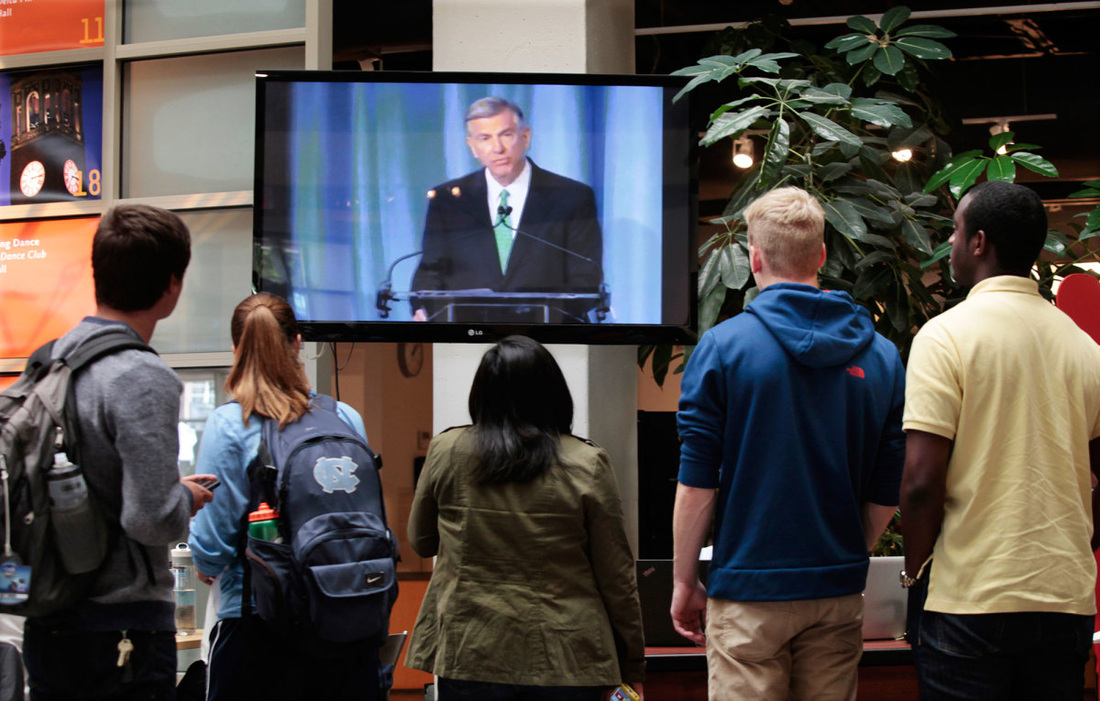If Jedediah Purdy has it right in the March 19th New Yorker ( “Ayn Rand Comes to UNC” ) some contemporary conservative thinking about higher education has two heads
One wants is to increase “ ’diversity of ideas” on campus and ‘encourage respect for the institutions that underlie economic prosperity,’ including ‘private property,’ ‘competition,’ and ‘limits on government.“
The other head calls for a return to “the Great Books model of humanities education: literature and philosophy as a source of eternal truths, dating back to Plato, passing through John Locke, and perfected by Ayn Rand and the libertarian economist Friedrich Hayek. A Pope Center research paper published this year describes a “renewal in the university” through privately funded programs dedicated to teaching the great books untainted by relativism.”
But the truly great books can’t be pushed so easily into programs proving “the morality of capitalism,” or battling against relativism. At the core they put under scrutiny that drive contemporary behavior, corporate and individual. Challenging the “unexamined life” is are subversive, now as it was then.
You can't have it both ways, a curriculum that inevitably challenges the way students decide to spend their lives, and a set of values that uncritically support corporate needs. Which will win out?

 RSS Feed
RSS Feed
